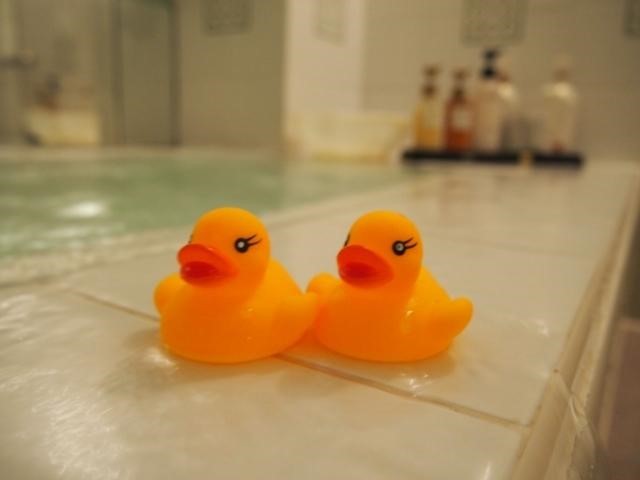
Japan has a strong bath culture. Instead of taking a daily shower, many people prefer to soak into a bathtub every night after a long day. It’s not strange if someone decides to take a 30 minute to an hour-long bath. Going to an onsen, or a hot spring is one of the most relaxing recreation favored by many Japanese people. You may have heard of sentō, or community baths which were common in Japan during the times when homes lacked private baths. Although sentō facilities are declining in number, the bath culture in Japan is largely stemmed off of communal baths and hot springs. There are unwritten rules and etiquettes to follow when you are in public baths and at homes. The following are some rules to follow when it comes to bathing in Japan.
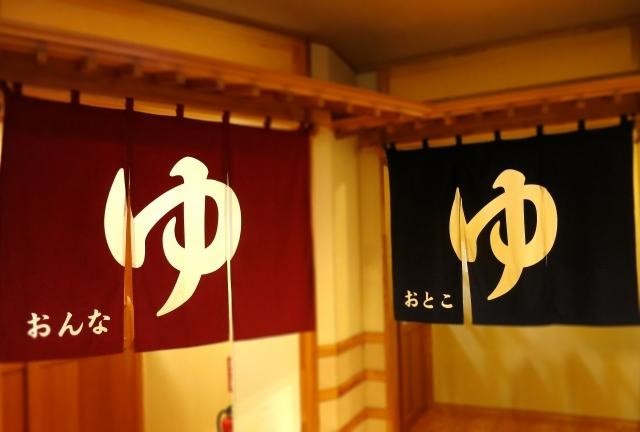
Rules to follow in communal baths
Going to an onsen or sentō is an enjoyable experience and is a relaxing one too. But, not knowing the etiquettes can be intimidating. The main points to remember are: you must be naked (no bathing suits), with only a small towel, and wash your hair and body before soaking in the water.
There will be 2 bath entrances divided between genders. Immediately after entering, there will be a changing room which is sometimes equipped with lockers. This area is where all the clothes come off. You may spot some people stripping down or people just getting out of the bath getting ready to dress up or drying and styling their hair. Leave the bath towel behind here, take a small towel, and head to the bath.
There will be faucets lined along with small seats and round buckets. This may be an unusual practice to other cultures, but hair and the body are washed while you are sitting down. The round buckets are traditionally used to assist with washing hair and the body. Shampoo, conditioner, and body soap are usually provided right there, but if you want to use your own, it’s not a problem to bring it in with you.
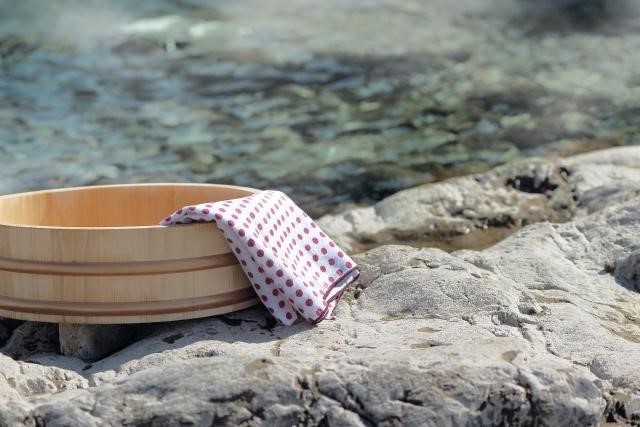
The towel is usually used for washing the body, but not taken in the water to soak. Instead, when you dip in the water, the towel should be put aside. Some people like to put the folded towel on their head while in the bath.
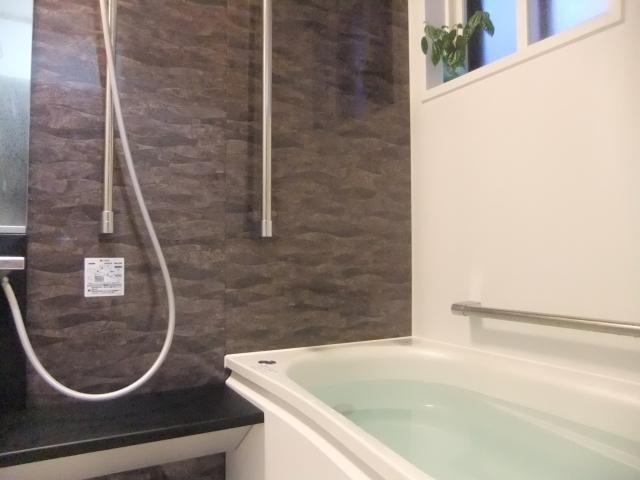
Rules to know at home
Extending from the communal baths, washing before soaking in the bath rule is practiced inside the home as well. Most people are night bathers, and if living with a family, the whole family will be taking turns to take the bath. The bath water should be kept clean for everyone to share, so it’s just practical to wash first before relaxing in the warm water. If the home bath system can reheat the water, or even better, automatically clean the water of a filled bathtub, the water can be reused for the following day. Some people consider water conservation to save money on their energy bill.
It’s not uncommon for parents and children to take a bath together. While in other cultures, bathing is considered more private. Perhaps being used to taking bath with strangers in a communal bath, most people don’t take it too privately. But keeping in mind that a bath time is a moment for one to relax the body and the soul, some people may prefer it to be a private moment. On the other hand, some children love to splash away in the bath and play in the water with other children or with parents. If taking turns to take a bath among family members, traditionally, the dad is the one to jump into the bathroom first out of respect of seniority.
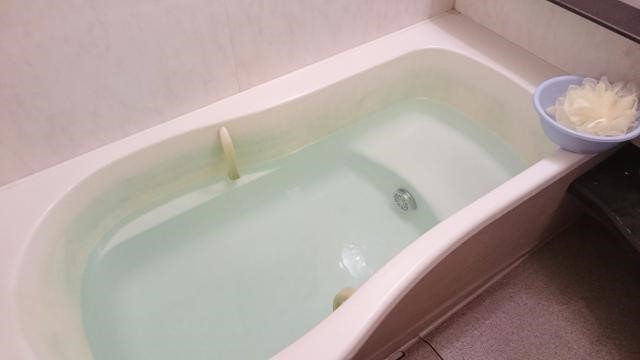
Unique cultural practices when it comes to bathing in Japan can surprise many visitors. Maybe it’s even more surprising to find the contrast between conservative personalities of Japanese with the all-out communal bathing culture. There is countless onsen throughout Japan with different health benefits that bathing sometimes is more than just a daily routine for some Japanese people. It’s relaxing and soothing to the mind, and bathing is a part of Japanese culture many people cherish. Some Japanese people feel the happiness and the connection of their own culture through bathing. Possibly you too will become accustomed to taking baths once you experience this bathing culture in Japan!
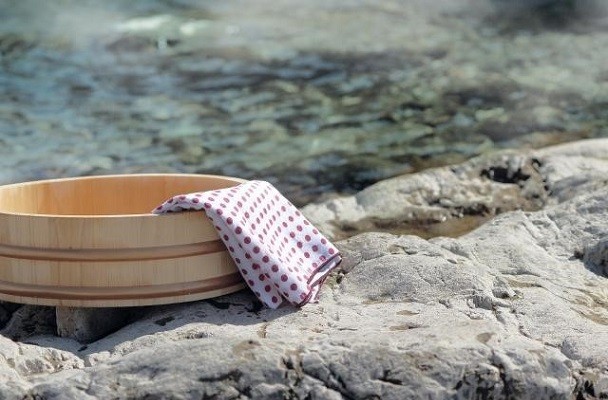
Comments